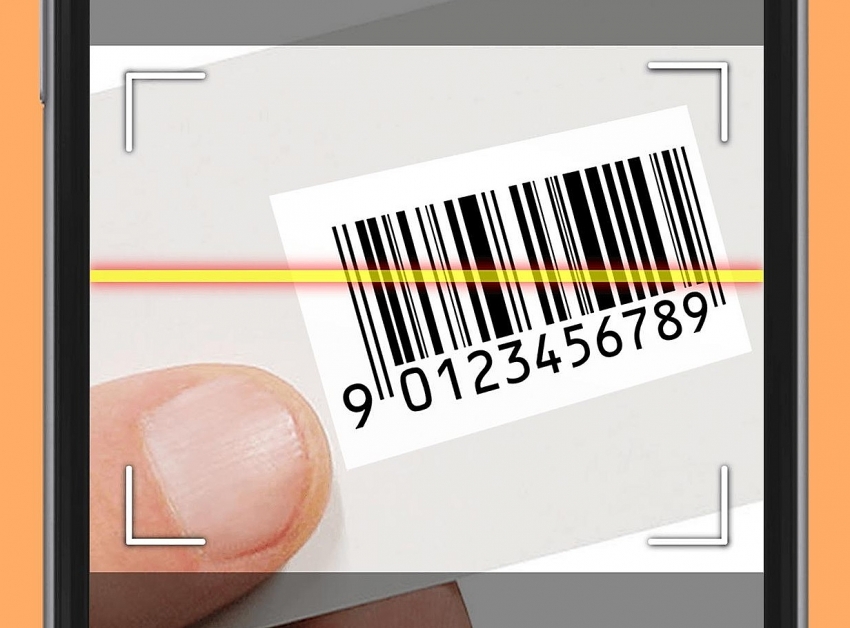 |
| Removing pesky barcode rules plagues exporters, illustration photo |
The main message given by related ministries at a meeting last week was to solve major concerns for businesses who complained that their export has been stuck and delayed by current code and barcode regulations set by Decree No.74/2018/ND-CP issued in 2018 on product quality inspections.
Under the decree, organisations’ use of foreign codes has to be compliant with barcode standards, including to ensure that their codes or barcodes are issued by competent foreign authorities or used according to a foreign code owner’s authorisation.
If they are authorised, organisations using foreign codes must inform the competent regulatory authority to get another confirmation according to the decree.
The decree took effect from July 1, 2018, and exporters have since been scampering to get on top of the towering complications rolled in their way by customs procedures. Seafood, textile, and leather firms were complaining that they must pay VND500,000 ($21) per registration for each document, besides dealing with more complicated procedures and coping with potential delays for their shipments.
The Ministry of Science and Technology also proposed to stop penalising the lack of certifications or permissions to use foreign codes, as a short-term solution. For the long term, it asked the government to revise the decree entirely.
An official from the Minisrty of Industry and Trade (MoIT) said, “The codes and barcodes are not related to the quality of goods. That Vietnamese enterprises pre-print foreign codes and barcodes on goods is a civil agreement between enterprises, which should not be institutionalised in regulations.”
Therefore, the MoIT proposed to remove difficulties for commodity-exporting enterprises, contributing to the development of production and export in the context of the ongoing health crisis.
Nguyen Hoai Nam, deputy general secretary of the Vietnam Association of Seafood Exporters and Producers said, “No other country in the world has such a requirement and this regulation will lead to less competitiveness and risks of delaying shipments.”
He explained further that for at least 20 years, Vietnam exported seafood to more than 160 markets around the world but none of them has such regulations or sanctions. Many Vietnamese seafood products have been ordered by foreign customers to package products according to their parameters that were tailored for the goods to be retailed in other countries. “With just a single day of delay, the exporter will lose $200 and face potential penalties from customers,” said Nam.
Phan Thi Thanh Xuan, vice president of the Vietnam Leather and Footwear Association, expected the as-soon-as-possible removal of the improper regulation in Decree 74. “If removed, it will help local exporters save time and money,” she said, adding that a textile business often has hundreds of different product codes.
|
Excerpt from Article 19b of Decree No.74/2018/ND-CP on responsibility of organisations using codes and barcodes 1. Organisations using codes and barcodes compliant with GS1 standards and prefixed with “893” defined by GS1 as the country code of Vietnam shall assume the following responsibilities: a) Register codes and barcodes with competent state agencies; b) Create codes and barcodes and attach them to objects in their possession as per regulations in force; c) Provide competent authorities and other related parties involved in the supply chain with updated information about organisations and any entity using codes and barcodes: d) Ensure codes and barcodes currently in use are unique, and products and goods failing to meet code and barcode quality standards are not being traded. e) Avoid trading and transferring the right to use codes and barcodes to other organisations;(...) h) Apply for issue or renewal of the certificate of code and barcode use rights; i) Send written notification and return the certificate of code and barcode use rights to the competent agencies when they have no demand for codes and barcodes or their business is closed. 2. Organisations’ foreign codes compliant with GS1 standards shall assume the following responsibilities: a) Ensure that their codes or barcodes are issued by foreign competent authorities or used according to a foreign code owner’s authorisation; b) In the case of being authorised by an owner of a foreign code, these organisations using foreign codes must inform a competent regulatory authority to get confirmation of use of the foreign codes. (...) 4. Organisations distributing, circulating, and trading goods or products shall assume the following responsibilities: a) Inspect and control the quality and legality of the codes or barcodes before the goods are put into free circulation; b) Avoid distributing, circulating, and trading products, goods, or objects with codes or barcodes in contravention of regulations. 5. Organisations or individuals developing and providing services, solutions, and applications based on the codes or barcodes platform shall assume the following responsibilities: a) Ensure the source of data on objects using codes or barcodes match the source of data on codes or barcodes under the management of competent state management agencies or GS1; b) Not to disclose wrong information about owners of codes or barcodes or objects using codes or barcodes already compliant with applicable regulations; c) Pay fees for usage of the national code and barcode data source. 6. The Ministry of Science and Technology shall provide detailed guidance on the use of codes or barcodes as prescribed in this article. VIR |
Nguyen Thu
 The unnecessary red tape that forces local exporters to get confirmation documents for the use of foreign codes and barcodes may be removed, easing procedures for them.
The unnecessary red tape that forces local exporters to get confirmation documents for the use of foreign codes and barcodes may be removed, easing procedures for them.